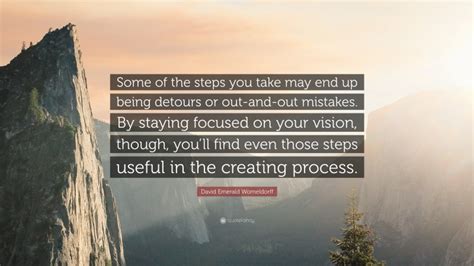A Quote by Hermann Hesse
It was lovely, and tempting, to exert power over men and to shine before others, but power also had its perditions and perils.
Related Quotes
In order to exert influence over people, there were other things that could be used besides love. Knowledge seemed to be an equally strong force, perhaps even stronger. Whoever possessed knowledge not only had power over the changeable passions of people, but also power over their thinking, over their minds, hearts and souls.
For loving, working, and creative people to throw off the yoke of power it is necessary to abolish power itself, not merely to make the yoke comfortable. Where some have power, others do not, and the two classes persist. A free society is where all have power-power over and responsibility for their own lives, power and reason to respect the lives of others. This is also a society without classes, a society of human beings, not rulers and the ruled.
I used many times to touch my own chest and feel, under its asthmatic quiver, the engine of the heart and lungs and blood and feel amazed at what I sensed was the enormity of the power I possessed. Not magical power, but real power. The power simply to go on, the power to endure, that is power enough, but I felt I had also the power to create, to add, to delight, to amaze and to transform.
Men in great place are thrice servants; servants of the sovereign state, servants of fame, and servants of business; so as they have no freedom, neither in their persons, nor in their actions, nor in their times. It is a strange desire to seek power and to lose liberty; or to seek power over others, and to lose power over a man's self.
Disconnected from my feminine soul, I had also unknowingly forfeited my power to name sacred reality. I had simply accepted what men had named. Neither had I noticed that when women give this power away, it is rarely used to liberate and restore value to women. More often it is used to shore up and enhance the privileged position of men.
Love is power, the purest power and the greatest power: Love is God. Nothing can be higher than that. But this power is not a desire to enslave others, this power is not a destructive force. This power is the very source of creation. This power is creativity. And this power will transform you totally into a new being. It has no concern with anybody. Its whole concern is to bring your seeds to their ultimate flowering.
I call this the Fundamental Problem of Political Economy. How do we limit the power that idiots have over us? ... [Milton] Friedmans insight is that a market limits the power that others have over us; conversely, limiting the power that others have over us allows us to have markets. Friedman argued that no matter how wise the officials of government may be, market competition does a better job of protecting us from idiots.
It is tempting to believe that social evils arise from the activities of evil men and that if only good men (like ourselves, naturally) wielded power, all would be well. That view requires only emotion and self-praise - easy to come by and satisfying as well. To understand why it is that 'good' men in positions of power will produce evil, while the ordinary man without power but able to engage in voluntary cooperation with his neighbors will produce good, requires analysis and thought, subordinating emotions to the rational.






































